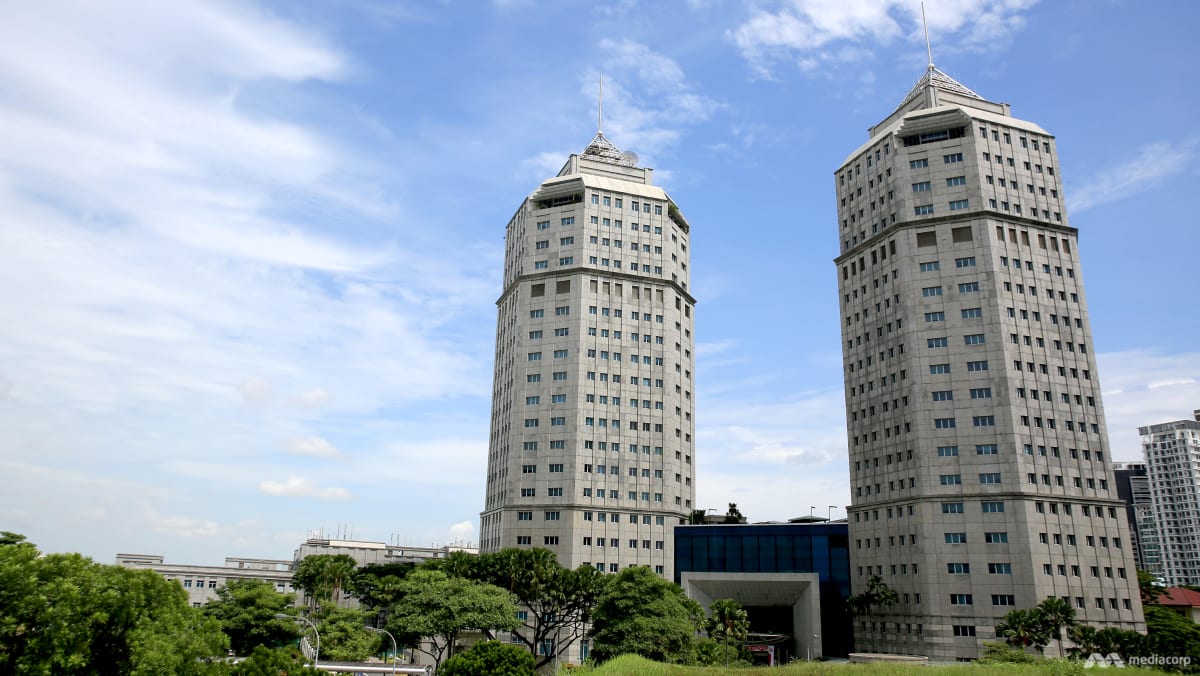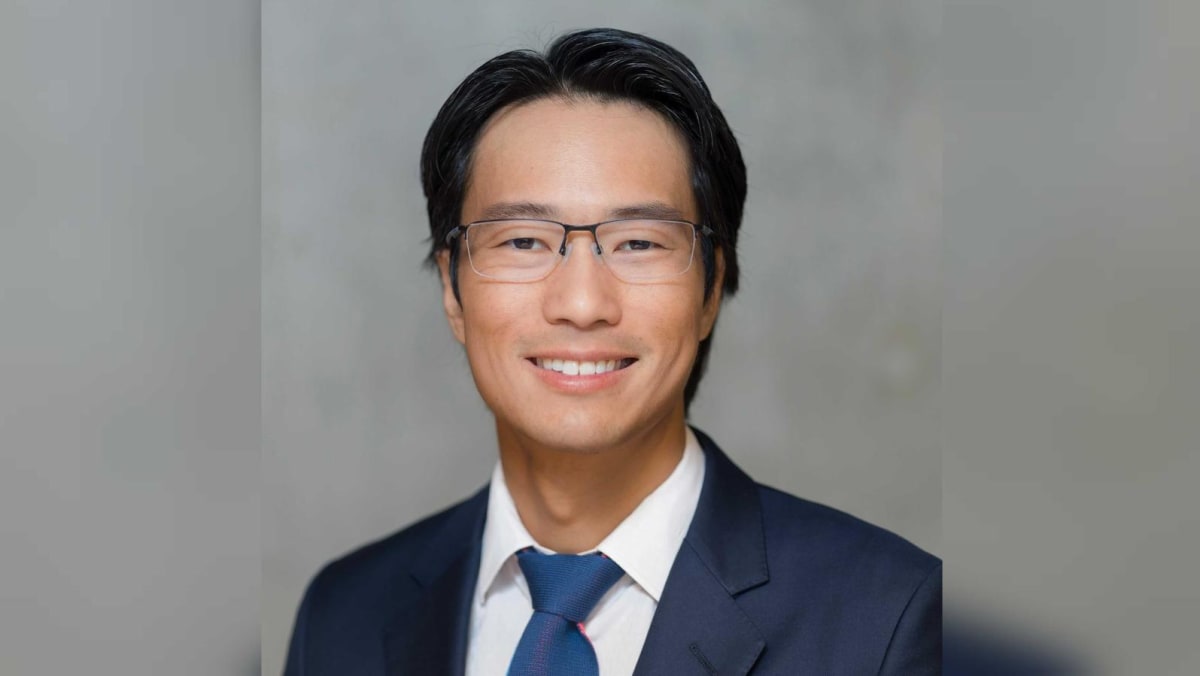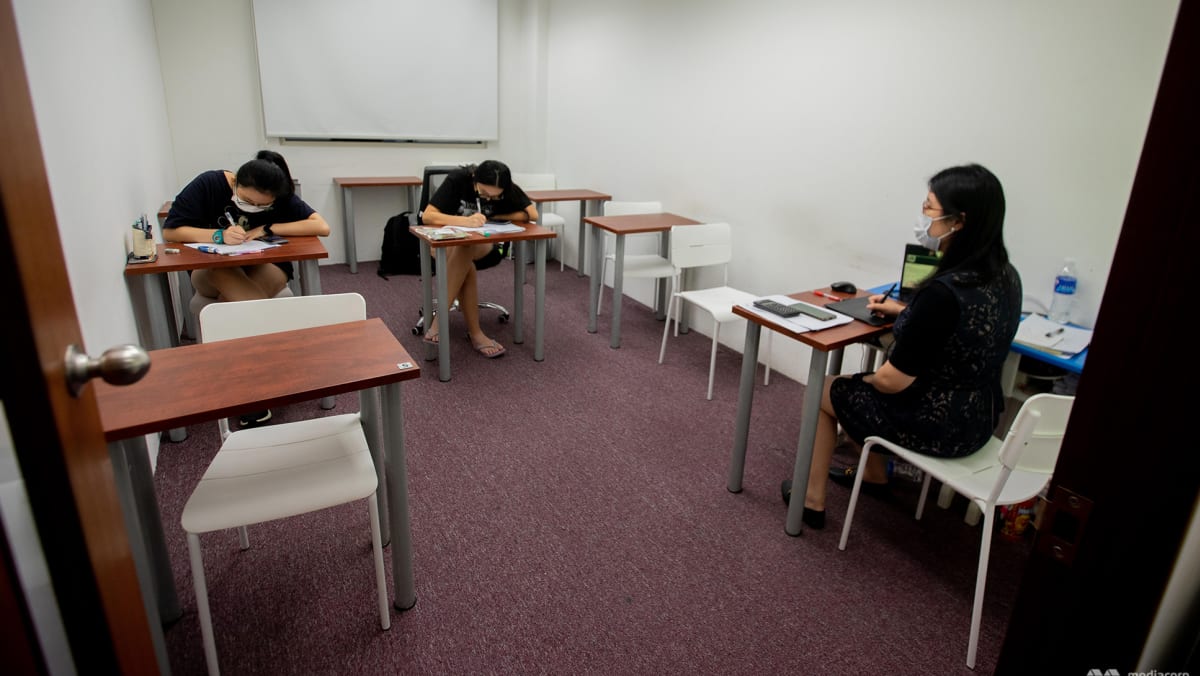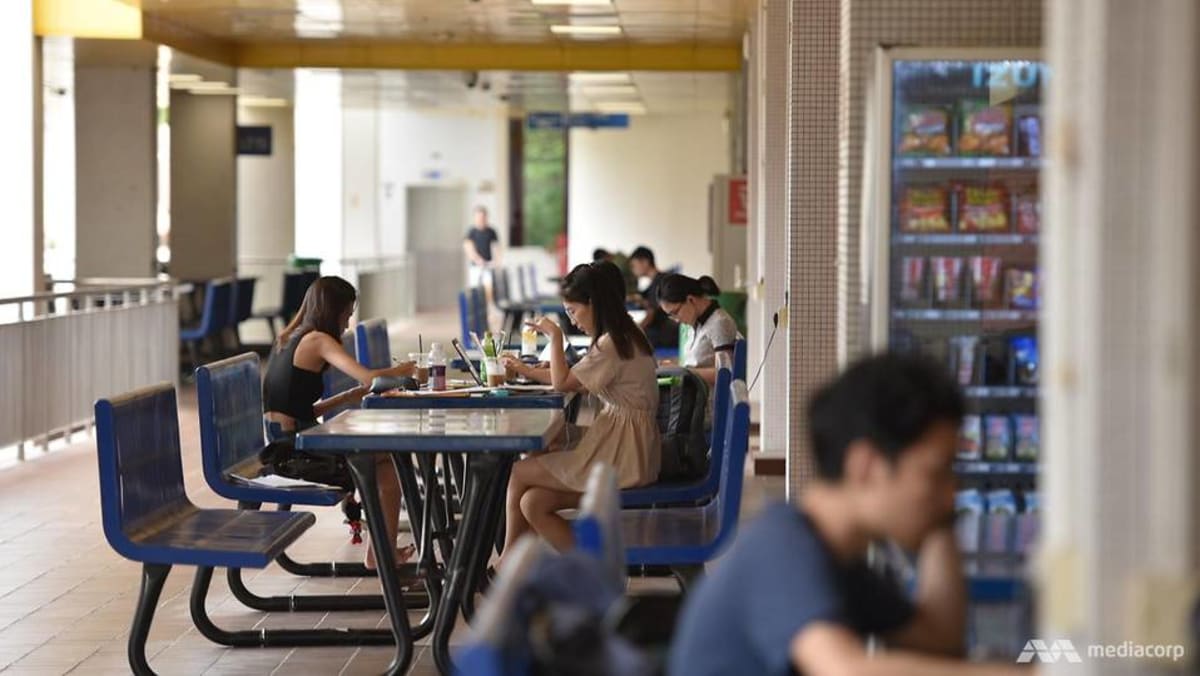SINGAPORE: Wellness technology company OSIM has pledged to improve transparency in its product information following concerns raised by the Competition and Consumer Commission of Singapore (CCCS).
The consumer protection watchdog said on Thursday (Feb 13) that it had flagged concerns about some of OSIM’s business practices, including product endorsement, product standards, suitability for specific consumers and pricing.
In one instance, OSIM used a Stanford Medicine logo in promotional materials for its uLove3 Well-Being Chair, which could mislead consumers into thinking that the chair was endorsed by Stanford Medicine and its institutions, such as the Stanford University School of Medicine.
In fact, the technology used in the chair was endorsed only by a medical consultant who had lectured at the Stanford University School of Medicine, said CCCS.
OSIM’s uDream Pro Well-Being Chair and the aforementioned uLove3 chair were also touted on the company’s website as “CE Certified”, where “CE” is generally understood to refer to “Conformite Europeenne”.
However, the CE mark is a self-declared mark by manufacturers who assert that their product conforms with relevant European legal requirements. There are no certification processes by authorities associated with the mark.
By including the word “certified”, OSIM consumers could be misled into thinking that the chairs were certified by an authority, the watchdog said.
CCCS also found a lack of pre-purchase disclosure about product suitability for OSIM consumers with certain medical conditions.
For example, CCCS highlighted a warning in the product manual for OSIM’s uPulse massage mat which stated that consumers should not use the product if they are fitted with a pacemaker, are pregnant or suffer from high blood pressure, among other conditions.
The watchdog noted that as such information is only in product manuals contained inside the packaging, this meant that affected consumers might not be able to obtain refunds as OSIM has a policy to preclude them once the packaging has been opened, even though the consumers found out the product was unsuitable only after they made their purchase.














